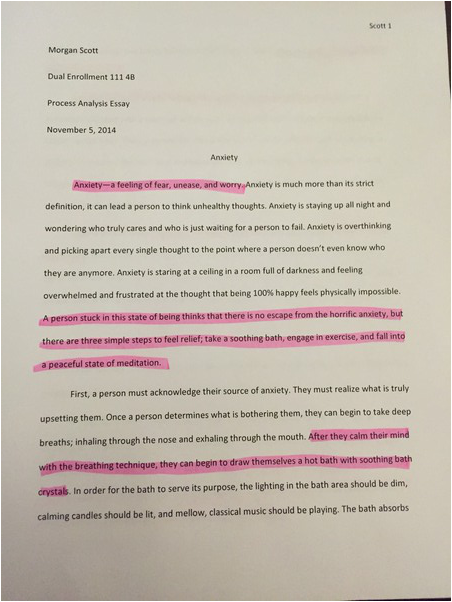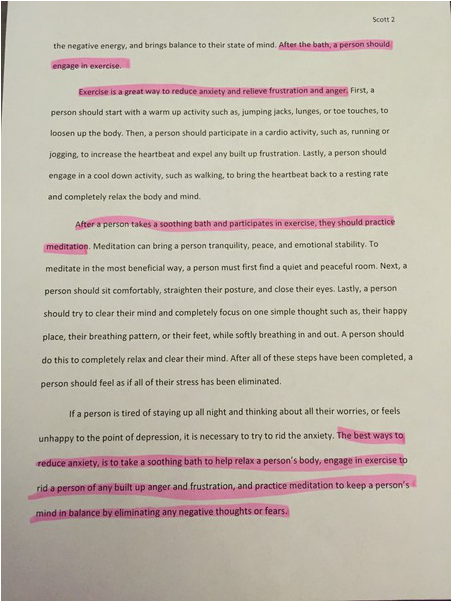Are you wanting to find 'dual process thesis'? Here you can find all of the details.
Table of contents
- Dual process thesis in 2021
- Dual process theory decision making
- Examples of dual processing in real life
- Dual process model
- Dual process theory psychology
- Dual process theory summary
- Thesis processing office
- Harvard thesis
Dual process thesis in 2021
 This picture illustrates dual process thesis.
This picture illustrates dual process thesis.
Dual process theory decision making
 This image representes Dual process theory decision making.
This image representes Dual process theory decision making.
Examples of dual processing in real life
 This image illustrates Examples of dual processing in real life.
This image illustrates Examples of dual processing in real life.
Dual process model
 This image demonstrates Dual process model.
This image demonstrates Dual process model.
Dual process theory psychology
 This image shows Dual process theory psychology.
This image shows Dual process theory psychology.
Dual process theory summary
 This image representes Dual process theory summary.
This image representes Dual process theory summary.
Thesis processing office
 This picture shows Thesis processing office.
This picture shows Thesis processing office.
Harvard thesis
 This image representes Harvard thesis.
This image representes Harvard thesis.
Which is the result of two competing processes?
According to dual-process theories, moral judgments are the result of two competing processes: a fast, automatic, affect-driven process and a slow, deliberative, reason-based process. Accordingly, these models make clear and testable predictions about the influence of each system.
Why do we need a dual process theory?
Dual-process theories provide an architecture for the interaction between intuitive (type 1) and deliberate (type 2) thinking. Because type 1 processes are often executed more quickly than their type 2 counterparts, they form the basis of an initial response, which may or may not be altered by subsequent deliberation.
How is Kahneman's dual process theory used in science?
As mentioned above in our discussion of dual process theories, Kahneman (2011a) distinguished between our cognitive System 1 which impulsively and unconsciously uses heuristics, and our rational cognitive System 2 that deliberately and effortfully uses logic.
Last Update: Oct 2021